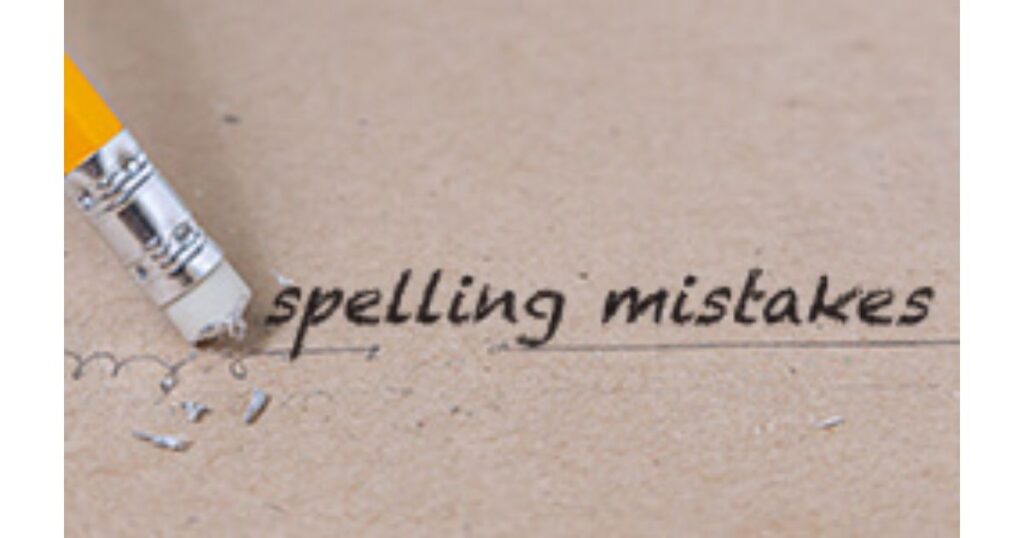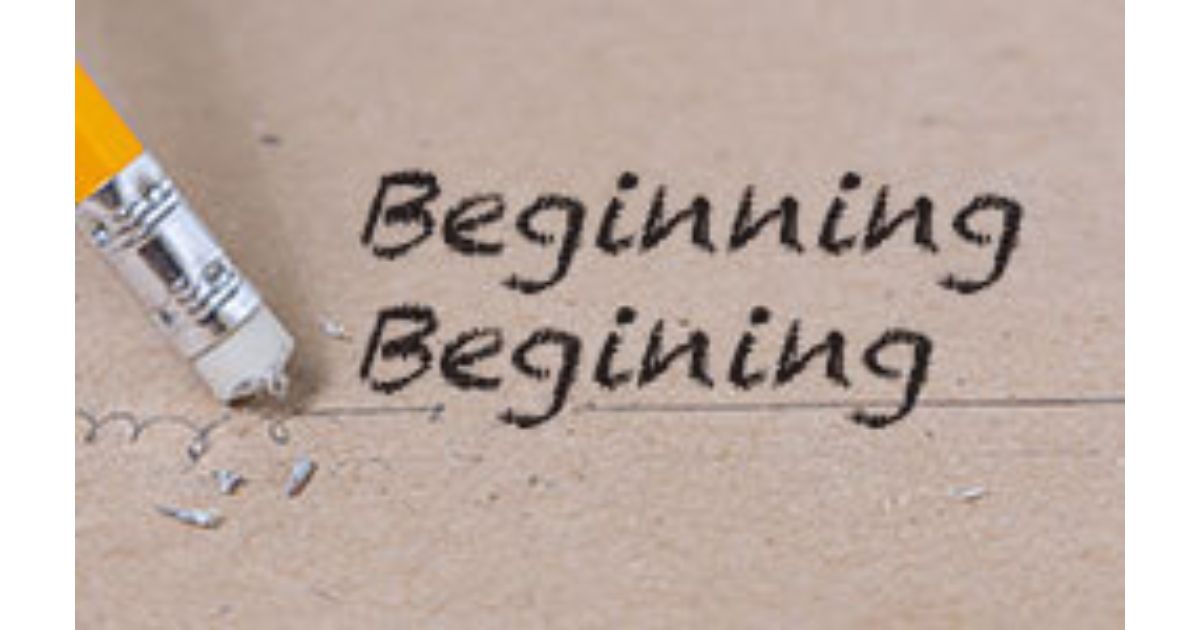Have you ever wondered if you should write “beginning” or “begining”? You’re not alone. Many people need clarification about which spelling is correct. In fact, “begining” appears in some texts from the early 1800s, showing this confusion isn’t new.
This article will explain the right way to spell this word. We’ll look at where the word comes from when to use each spelling, and why “beginning” is the correct choice in most cases. Did you know “beginning” has roots in Old English from over a thousand years ago?
It’ll also cover:
- What major dictionaries like Merriam-Webster say about this word
- How to use “beginning” in formal writing
- When you might see “begining” used (like in poetry or informal texts)
- Examples of both spellings “Beginning or Begining” in different contexts
Whether you’re writing for school work or want to improve your spelling, this guide will help you understand the difference between “beginning” and “begining”. By the end, you’ll know exactly which spelling to use and why. Let’s get started!
Tracing the Origins of “Beginning” and “Begining”
The word “beginning” has a long history in English. It started as “beginnan” in Old English over a thousand years ago. Over time, it changed to “biginnan” in Middle English, then “beginnen” around 1000 AD.
It became the “beginning” we use today in modern English. This shows how words can change over many centuries. “Begining,” on the other hand, is much newer. It first showed up in the early 1800s, mostly in American English texts.
It is still determining why it appeared. It could have been a spelling mistake that caught on, or someone was trying to spell the word how it sounded. Either way, it never became as widely accepted as “beginning.”
Read This Article: Unblocked Games Premium: Your Ultimate Portal to Gaming Freedom
When should you use “Beginning” in American English?
In American English, you should always use “beginning” in formal writing. It’s the standard, correct spelling. Here’s when and where to use it:
- In all academic writing (essays, research papers, dissertations)
- For business communications (reports, emails, presentations)
- In professional publications and journalism
- When writing for school at any level
Major language authorities support this spelling:
- Dictionaries: Merriam-Webster, American Heritage, Cambridge
- Style guides: Associated Press, Chicago Manual of Style, APA
Using “beginning” in these contexts ensures your writing looks professional and follows standard conventions. For example: “At the beginning of the meeting, we’ll review last month’s progress.” “The beginning of the book introduces the main character.”
Why is “beginning” being the sole accepted variant?

English spelling doesn’t always match how words sound, and “beginning” is a good example of this. The double ‘n’ might seem odd, but it follows a rule in English about doubling the final consonant when adding “-ing” to some words. This helps distinguish the noun form from the verb form.
Another reason is consistency. Having one standard spelling helps everyone understand each other better in writing. Over time, “beginning” became the agreed-upon spelling in dictionaries and style guides. This agreement helps maintain clear communication in formal writing.
Read This Article: Ssoap2Day: Unlock a World of Streaming Entertainment
Exceptions for Using “Begining”
While “beginning” is the correct spelling, you might sometimes see “begining” used in certain situations. In poetry or song lyrics, writers might use “begining” to make a rhyme work or fit a certain rhythm.
In very old books, especially from the 18th or 19th century, you might also see “begining” because spelling rules weren’t as fixed then. Some creative writers might use “begining” on purpose to be different or to create a specific effect.
It’s important to remember that in standard, modern English, this spelling still needs to be corrected. If you’re writing anything formal, stick with “beginning.”
Some Examples of Using “Begining” in an Informal Way
In very casual writing, like text messages or social media posts, you might see people use “begining.” Here are some examples:
- “Omg, summer is at the begining again! So excited!”
- “Here’s to new beginings in 2023!”
- “It feels great to have a fresh begining!”
- “My dearest James, Our love story is still at the begining.”
Though, even in these casual contexts, “begining” is technically incorrect. Using the proper spelling, “beginning,” is always the safer choice.
Some Examples of Using “Beginning” in a Formal Way
In formal writing, always use “beginning.” Here are some examples to show how it’s used correctly:
- “At the beginning of the fiscal year, the company analyzes sales data and sets new targets.”
- “In the beginning, the experiment showed promising results, but complications arose later.”
- “The beginning chapters of the novel introduce the main characters and setting.”
- “My beginning Spanish course covers basic vocabulary and grammar.” “During the beginning phases of the project, we will focus on research and development.”
These examples show how “beginning” is used in professional, academic, and formal contexts. Using the correct spelling helps your writing look polished and credible.
Read This Article: Words that start with the Letter O and end with O
FAQs
Is “begining” ever correct?
No, “begining” is not considered correct in standard English. Always use “beginning” in formal writing and most informal contexts.
Why does “beginning” have two N’s?
The double ‘n’ follows an English rule about doubling the final consonant when adding “-ing” to some words. It helps distinguish the noun form from the verb form.
Can I use “begining” in creative writing?
While some writers might use “begining” for stylistic effects in poetry or creative prose, it’s still considered incorrect. Use it cautiously and be aware that readers might see it as a mistake.
How old is the word “beginning”?
The word has roots in Old English from over a thousand years ago. It evolved from “beginnan” to “biginnan,” then “beginnen,” before becoming “beginning” in modern English.
Conclusion
Understanding the correct usage of “beginning” is crucial for clear and effective communication in English. While the variant “begining” has appeared in some contexts throughout history, it has never gained widespread acceptance in formal language.
The standard spelling “beginning” is backed by major dictionaries, style guides, and educational institutions, making it the clear choice for all formal writing and most informal situations. By using “beginning,” you demonstrate attention to detail and adherence to linguistic conventions.
This knowledge not only improves your writing but also enhances your overall language skills. Language evolves, but established spellings like “beginning” play a vital role in maintaining consistency and clarity in our written communication.

Jack Sterling, the voice of LifestyleTalk, shares insights on wellness, travel, and personal growth. Join him for tips and inspiration to enrich your everyday life.









